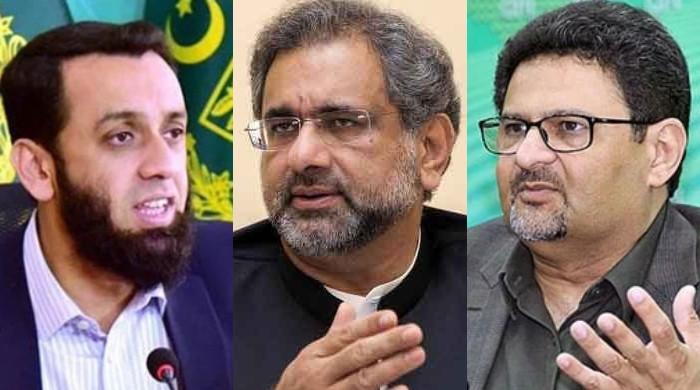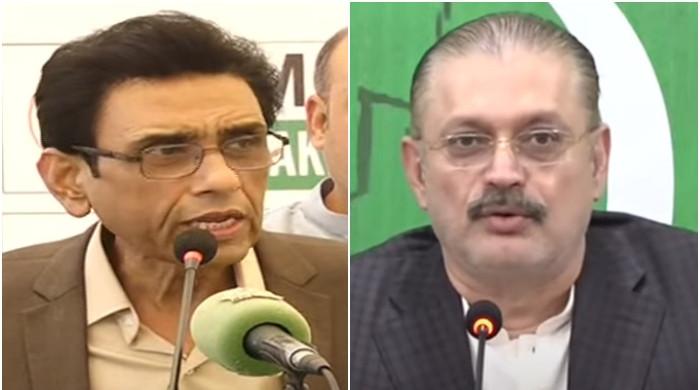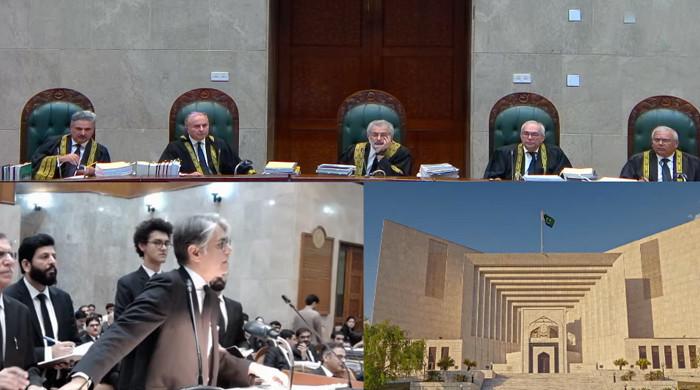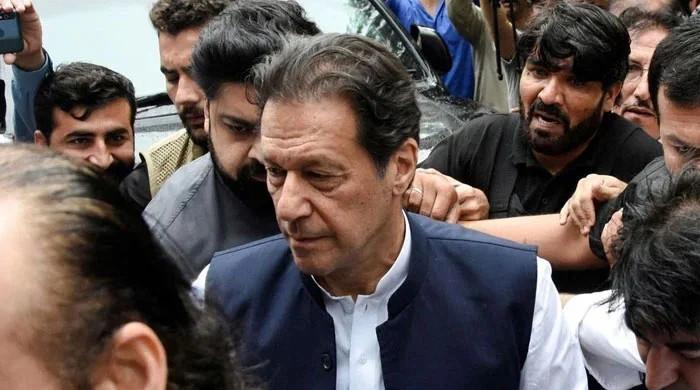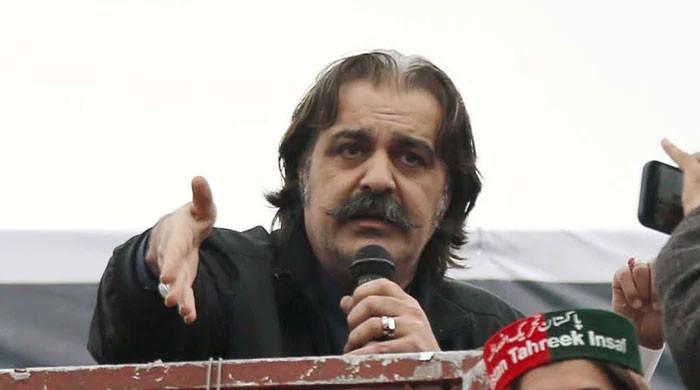NAB to probe ‘wrongdoing’ in altered contracts with IPPs
NAB has written to the secretary power to share details about MoUs, amended Power Purchase Agreements
February 18, 2021
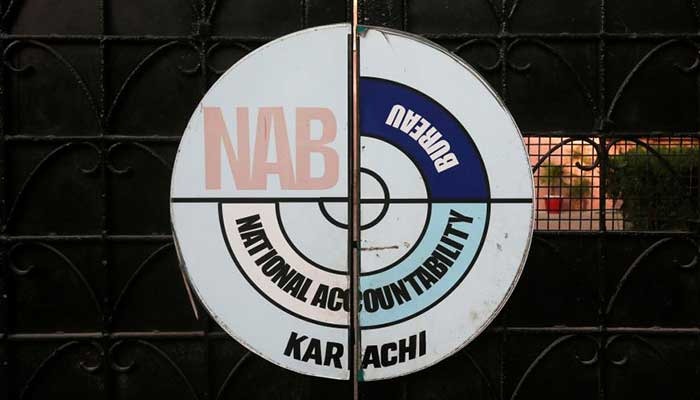
- NAB is seeking details to invoke local arbitration on excess profit of Rs53 billion allegedly earned by IPPs
- NAB has sought details about the cases via a letter sent to the power secretary
- The move has made top officials of the Power Division jittery, says a source
ISLAMABAD: The National Accountability Bureau (NAB) has decided to investigate if there was any “wrong doing” at the conversion of MoUs into altered contracts, starting from the signing of MoUs with 47 IPPs up to the signing of amended power purchase agreements (PPAs).
To start its probe, the anti-corruption watchdog has written a letter to the secretary power on February 10, asking for details about the MoUs, amended Power Purchase Agreements. It has also asked for details for the rationale to invoke local arbitration on the excess profit of Rs53 billion.
“This move from NAB has made the top mandarins of Power Division jittery, who fear if the entire exercise would materialise or not,” a senior official privy to the development told The News.
Read more: Finance ministry, IPPs sign Rs450bn payment deal
“NAB may look into the process for any deviation from MoUs. In the MoUs signed on August 12, 2020, there is no mention of local arbitration tribunal to resolve the excess profits by 13 IPPs. Rather, it mentions that NEPRA will decide the issue through due diligence.”
The same day when NAB sent the letter, Federal Energy Minister Omar Ayub Khan said that the anti-graft body, National Electric Power Regulatory Authority (Nepra) or Securities and Exchange Commission of Pakistan (SECP) will be authorised to proceed against independent power producers (IPPs) for any misdeed or criminality even after they agreed to give about Rs770 billion discount over the remaining 20-year life of their contracts.
It is worth mentioning that the PTI government and ‘powerful circles’ continue talks with IPPs for discounted tariff valued at Rs770 billion in the next 20 years to cope with the circular debt that has made the power sector unsustainable.
“All the stakeholders, particularly powerful circles who took the ownership of conversion of MoUs into altered PPAs till February 12, 2021 and the decision of local arbitration, feel NAB's investigation is tantamount to sabotaging the process,” one of the leading IPPs said about the move.
Read more: Details emerge of govt-IPP agreement to boost industrial sector
The IPPs have alleged that a “certain lobby” worked with the authors of the Mohammad Ali Report on Power Sector that highlighted excess profits. They also alleged that the same “lobby” has become active against the revised deals and local arbitration.
The IPPs say that the ‘the lobby’ is aware that the arbitration tribunal will throw out the Mohammad Ali Report as it only creates a blame game.
However, a top Power Division official said: “We will send the required information along with relevant information over arbitration tribunal.” He argued that in the same breath that CCOE, ECC had approved the amended contracts, payment mechanism of dues of IPPs of Rs403 billion and formation of local arbitration. Later on, the federal cabinet also ratified the approvals of CCOE and ECC.
To a question, the official said that the 13 IPPs accused of minting excess profits of Rs53 billion have also signed amended contracts after written assurances from the government that the issue would be resolved by the local arbitration tribunal within five months.
Read more: Power sector incurring loss of Rs1bn per day, says inquiry committee
The process to form the local arbitration court will be completed within one month.
Among the 13 IPPs facing allegations of making excessive profits, Attock Gen is alleged to have earned an illegal profit of Rs12 billion, Nishat Power Rs7.5 billion, Nishat Chunian Rs9 billion, Liberty Power Rs10 billion, and Uch Power Rs5 billion. The IPPs argue they didn’t mint any excess profits as their tariffs were worked out by NEPRA as per the PPA and the power policy under which the IPPs were set up.




